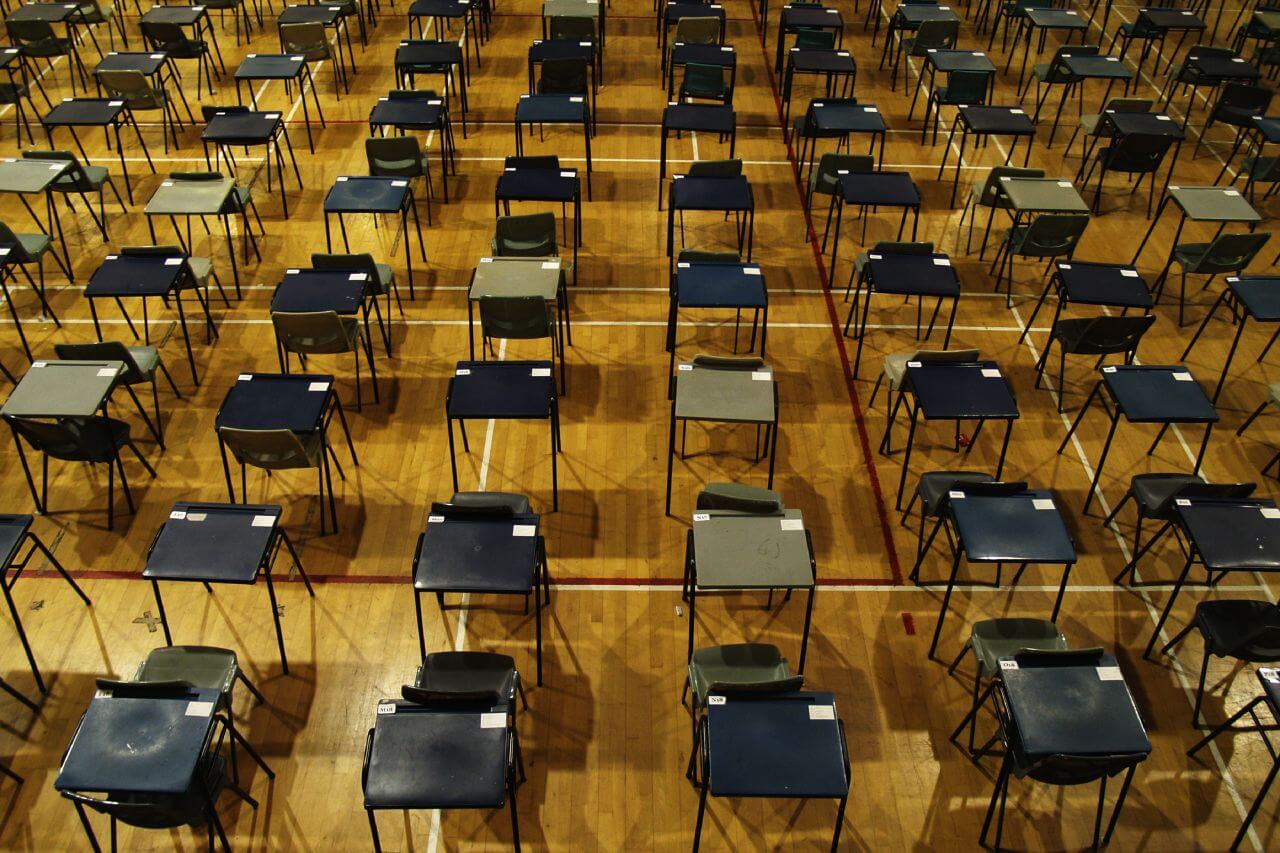A right and not a privilege
[dropcap]A[/dropcap]rguments for free education are often a big part of university life, as it’s understandably an issue many students care about. With the recent motion passed to abolish maintenance grants for university students, the issue is more important than ever.
Arguments for free education are often a big part of university life, as it’s understandably an issue many students care about. With the recent motion passed to abolish maintenance grants for university students, the issue is more important than ever.
Privilege is always a thing that bothered me growing up. I could never understand why people paid money to go to school, when I knew I got mine for free. I thought education was a right, not a privilege.
I’ve seen many a student protesting against student fees and cuts to maintenance grants. Especially at Warwick where many students have protested against the rising costs of higher education. But I’ve always felt like there’s an elephant in the room. Around 25% of students at Warwick were privately educated – it might not seem like a lot, but only 7% of the UK population were privately educated, which shows there is a huge distortion in the figures.
I’ve always thought education was a right, not a privilege.
It’s wrong to assume that everyone who went to private school agrees with the premise of free education – a lot of them don’t.
But as the poorest students are getting pushed away from higher education, we have to wonder – will it only be those who were able to afford being privately educated who are able to afford university?
The cost of university is a problem. The rise in tuition fees was unfair, and put a lot of people off coming to University. Now the government is getting rid of maintenance grants, a huge source of help for the poorest students who attend university. Without them, many wouldn’t be able to study. Education should be a right for everyone, we shouldn’t have to pay for it and we shouldn’t have the worry of being in debt simply because we want to learn and do well for ourselves.
Almost two-thirds of A-level students from the private sector went on to Britain’s leading institutions in 2010/11 compared with less than a quarter of those from the state system.
The sad reality is that for teenagers who went to state schools, it’s so much harder to get good results than those who went to private school.
According to The Telegraph, official figures show that almost two- thirds of A-level students from the private sector went on to Britain’s leading institutions in 2010/11 compared with less than a quarter of those from the state system. And in further research from 2013, it was shown that privately educated students had a 9% more likely chance of getting into Oxbridge than state school students, with the same A Level results.
So, not only are state-educated students at a statistical disadvantage when getting the grades to apply to university, but they are also increasingly unable to afford it if they do get in.
Despite what some say, degrees are important. No, having one doesn’t promise anything, and yes it’s often the experience you get that can count the most towards getting your desired career but a degree certainly helps you put your foot onto the ladder.
The reality seems to be that it’s our parents’ income which will decide what kind of education we can have. Are we really willing to accept this?

Comments